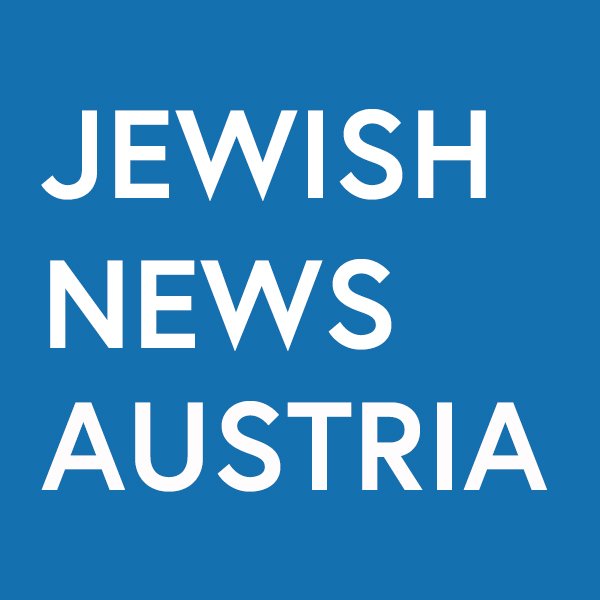International Jewish-Christian Council Meets in Salzburg
ORF (Austrian Public Broadcasting), June 19, 2024
German original: https://religion.orf.at/stories/3225514/
The annual conference of the International Council of Christians and Jews (ICCJ) is taking place in Salzburg this year from Sunday. The council is the umbrella organization of all Jewish-Christian societies.
The conference, which is being organized jointly with the Coordinating Committee for Christian-Jewish Cooperation in Austria and the University of Salzburg, is entitled "Holiness: A Religious Imperative and a Moral Obligation?" and will run until June 26.
The conference will open on June 23 with the presentation of the renowned Seelisberg Prize for outstanding services to Jewish-Christian dialogue. This year's prize goes to Edward Kessler, founder of the Woolf Institute in England, which specializes in interreligious dialogue.
Theologian: "Take up every interreligious thread of conversation
Theologian Gregor Maria Hoff, who is involved in Jewish-Christian dialogue, told Kathpress that the conference is particularly timely: "The fact that the ICCJ conference is taking place in Salzburg is a special opportunity for us to strengthen the Jewish-Christian dialogue in a way that will also have a public impact.
Particularly in times of increasing antisemitism and especially against the backdrop of the Hamas terrorist attack on Israel on October 7, 2023, the task of picking up every interreligious thread of conversation arises. That is why Muslim participation is also planned for each panel of the conference."
Muslims also involved
The speakers include the Viennese pastoral theologian Regina Polak, the Linz-based fundamental theologian Isabella Guanzini, the Innsbruck-based Islamic religious education teacher Zekirija Sejdini, the Salzburg-based religious scholar Martin Rötting, the Bamberg-based Judaist Susanne Talabardon, the General Secretary of Religions for Peace, Azza Karam, and the Romanian Orthodox theologian and former General Secretary of the World Council of Churches, Ioan Sauca.
The invitation to the conference states that there are both overlaps and differences between the three major monotheistic religions in the concept of holiness. Thus, religious practices that are qualified as "holy" can "connect us in dialogue" and represent a "valuable resource of strength" – but they can also be abused politically.
"Right" and "wrong" concepts of holiness
"We know that extremist ideas of holiness can lead to violence, inter-communal conflicts, political intransigence and instability." The conference will therefore also address the question of how this danger can be adequately countered and how a distinction can be made between a "correct" and a "wrong" concept of holiness, according to the organizers.
In addition to the expert discourse, interreligious networks are to be established or strengthened and the Christian-Jewish dialogue is to be further deepened on a personal level through a combination of lectures, plenary discussions, workshops and a cultural program (such as a trip to the nearby European Capital of Culture, Bad Ischl), according to Hoff.
Award of the Seelisberg Prize
The Seelisberg Prize for outstanding services to Jewish-Christian dialogue will also be awarded for the third time during the conference on the opening evening (June 23). This year's winner is Edward Kessler, founder of the Woolf Institute in England, which specializes in interreligious dialogue, as the ICCJ announced on its website.
Kessler is not only the founder and president of the Cambridge-based institute, but also "a leading thinker in the field of interreligious relations, primarily in the field of Jewish-Christian-Muslim relations," the ICCJ said in a statement. Kessler is also socially and politically active – in 2022, for example, he founded an independent commission for the integration of refugees in the UK.
Seelisberg Prize awarded for the third time
He has written twelve books focusing on Jewish-Christian dialogue and published two explanatory podcasts on faith and the Holy Land ("An A-Z of Believing" and "An A-Z of the Holy Land").
The prize is awarded in cooperation with the ICCJ and the Center for Intercultural Theology and the Study of Religions at the University of Salzburg, with its project on Jewish-Christian dialogue under the direction of Hoff. In 2023, Joseph Sievers, an expert in Jewish history and a theologian teaching at the Pontifical Biblical Institute in Rome, was honored with the award.
red, religion.ORF.at/KAP
